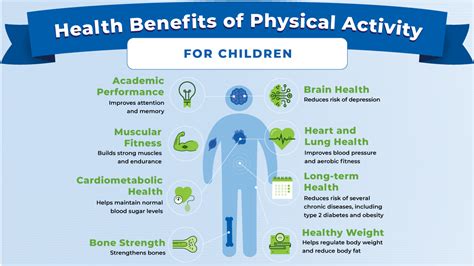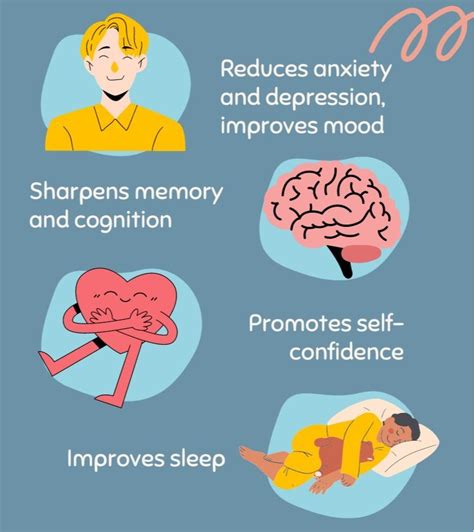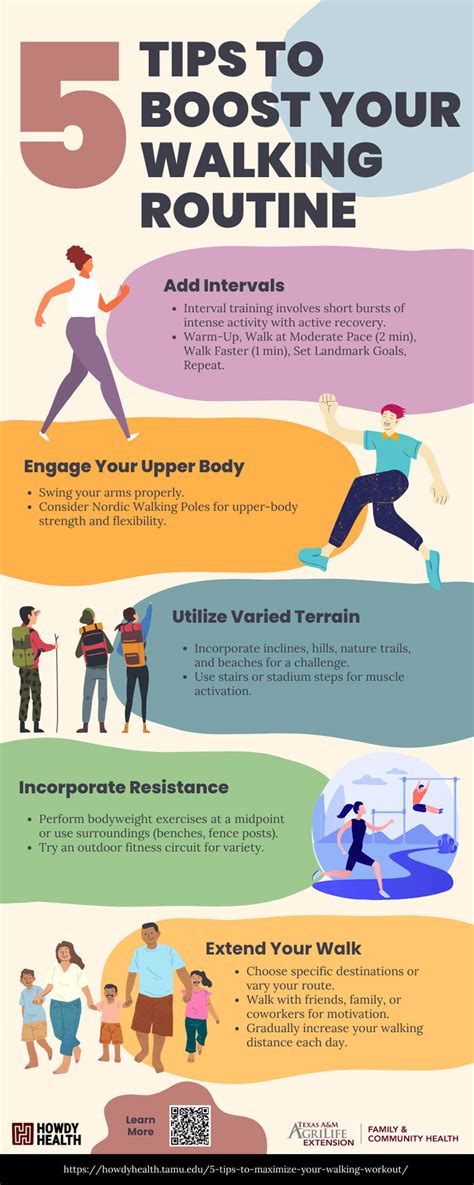Intro
Discover the benefits of walking everyday, improving physical health, boosting mental wellbeing, and increasing energy through regular daily walks and exercise routines.
Walking is one of the simplest and most effective forms of exercise that can be incorporated into our daily routine. It is an activity that can be done by anyone, anywhere, and at any time, making it an ideal way to stay physically active. Regular walking can have a significant impact on our overall health and wellbeing, reducing the risk of chronic diseases, improving mental health, and boosting our mood. In this article, we will explore the numerous benefits of walking every day and provide tips on how to incorporate this habit into our daily routine.
Walking is a low-impact exercise that can be done by people of all ages and fitness levels. It is an excellent way to improve cardiovascular health, strengthen bones, and increase muscle strength and flexibility. Regular walking can also help with weight management, reduce the risk of chronic diseases such as heart disease, type 2 diabetes, and some types of cancer, and improve sleep quality. Additionally, walking can have a positive impact on our mental health, reducing stress and anxiety, and improving our mood and overall sense of wellbeing.
Incorporating walking into our daily routine can be easy and convenient. We can start by taking a short walk during our lunch break, walking to work or school, or taking a walk around our neighborhood after dinner. We can also invite friends or family members to join us, making it a social and enjoyable activity. With the numerous benefits of walking, it is essential to make it a priority and incorporate it into our daily routine. By doing so, we can improve our overall health and wellbeing, increase our energy levels, and enhance our quality of life.
Physical Health Benefits

Cardiovascular Health
Walking is an excellent way to improve cardiovascular health, reducing the risk of heart disease and stroke. Regular walking can help lower blood pressure, improve blood flow, and increase the levels of high-density lipoprotein (HDL) cholesterol, also known as "good" cholesterol. Walking can also help reduce the risk of heart failure, improve circulation, and increase overall cardiovascular function.Muscle Strength and Flexibility
Walking can help increase muscle strength and flexibility, particularly in the legs, hips, and lower back. Regular walking can also improve balance and coordination, reducing the risk of falls and injuries. Additionally, walking can help improve joint mobility and reduce the risk of osteoarthritis.Mental Health Benefits

Reducing Stress and Anxiety
Walking can be an effective way to reduce stress and anxiety, providing a healthy distraction from our daily worries and concerns. Regular walking can help reduce the levels of cortisol, also known as the "stress hormone," and improve our overall sense of wellbeing. Walking can also provide an opportunity for social interaction, which can help reduce feelings of loneliness and isolation.Improving Mood
Walking can have a positive impact on our mood, reducing symptoms of depression and anxiety. Regular walking can help increase the levels of endorphins, also known as "feel-good" hormones, and improve our overall sense of wellbeing. Walking can also provide an opportunity for self-reflection and introspection, helping us to process our emotions and gain a new perspective on life.Weight Management

Burning Calories
Walking can help burn calories, particularly when done at a moderate to vigorous intensity. Regular walking can help increase energy expenditure, reducing the risk of weight gain and obesity. Walking can also help improve metabolism, reducing the risk of metabolic disorders such as insulin resistance and type 2 diabetes.Improving Metabolism
Walking can help improve metabolism, reducing the risk of metabolic disorders and improving overall weight loss. Regular walking can help increase the levels of human growth hormone (HGH), which can help improve metabolism and reduce body fat. Walking can also help improve insulin sensitivity, reducing the risk of type 2 diabetes and metabolic syndrome.Tips for Incorporating Walking into Your Daily Routine

Scheduling Walking into Your Daily Routine
Scheduling walking into our daily routine can help make it a habit and ensure that we prioritize it. We can start by scheduling walking into our daily planner or calendar, and setting reminders to ensure that we don't forget. We can also invite friends or family members to join us, making it a social and enjoyable activity.Finding a Safe and Enjoyable Walking Route
Finding a safe and enjoyable walking route can help make walking a more enjoyable and sustainable activity. We can start by exploring our local neighborhood or community, and finding routes that are safe and enjoyable. We can also consider walking in a park or on a trail, which can provide a more scenic and peaceful environment.How much walking is recommended per day?
+The recommended amount of walking per day varies depending on age and fitness level, but a minimum of 10-15 minutes per day is recommended. The American Heart Association recommends at least 10,000 steps per day for adults.
What are the benefits of walking for mental health?
+Walking can have a significant impact on mental health, reducing stress and anxiety, and improving mood and overall sense of wellbeing. Regular walking can also reduce symptoms of depression and anxiety, and improve sleep quality and duration.
How can I incorporate walking into my daily routine?
+Incorporating walking into your daily routine can be easy and convenient. Start by scheduling walking into your daily planner or calendar, and set reminders to ensure that you don't forget. You can also invite friends or family members to join you, making it a social and enjoyable activity.
In conclusion, incorporating walking into our daily routine can have numerous physical and mental health benefits, from improving cardiovascular health and reducing the risk of chronic diseases, to improving mood and reducing symptoms of depression and anxiety. By scheduling walking into our daily routine, finding a safe and enjoyable walking route, and inviting friends or family members to join us, we can make walking a sustainable and enjoyable activity that improves our overall health and wellbeing. We encourage you to start walking today and experience the numerous benefits for yourself. Share your walking experiences and tips with us, and let's work together to make walking a priority in our daily lives.
